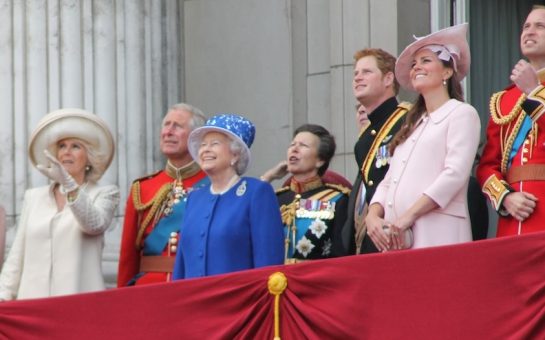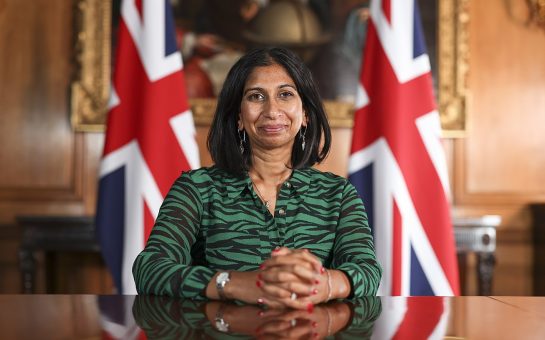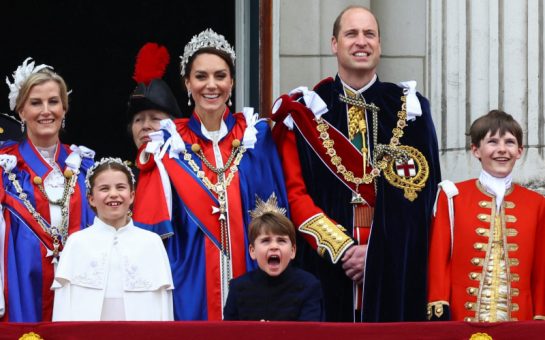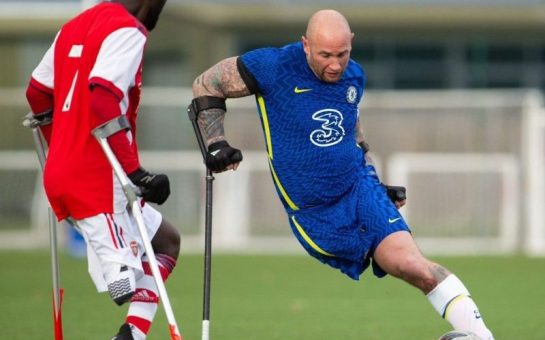SW Londoner’s Joel Durston investigates FIFA’s decision allowing the England team to wear poppies on black armbands at tomorrow’s game.

FIFA’s position on the poppy is understandable. There, I said it.
I speak, of course, of their decision not to grant the England team their – and the FA’s – express request to have commemorative poppies embroidered into their kits for tomorrow’s international with Spain.
This decision has caused furore across the UK, with opinions varying from ‘PC gone mad’, to ‘downright insensitive’, even to ‘racism’.
Indeed, it’s such a sporting/political hot potato that David Cameron and Prince William, in his role as president of the FA, have written impassioned letters to FIFA calling for reversal of the ban with Cameron deeming it ‘asurd’ and ‘outrageous’.
The backlash has led FIFA to relent slightly, allowing England to wear black armbands with the poppy on, in addition to a minute’s silence.
This decision has been welcomed by many – including Prince William and the Prime Minister, who called it a “sensible way forward” – and placated others.
But thousands if not millions of football fans (and others) are still angry. A recent popular Facebook survey revealed nearly 90% believe FIFA were wrong.
So it seems I am to a large extent swimming against the tide in believing FIFA’s stance was at least understandable.
I completely respect the purpose of the poppies to remember and honour all those who have courageously and selflessly served their communities and countries, under the British Legion’s aim to ‘provide welfare, comradeship, representation and Remembrance for the Armed Forces community’.
And, god knows authorities, including football ones, can be humourless, heartless sticklers for rules.
Just last week, Wycombe Wanderers’ 15-year-old Jordan Ibe was booked merely for a touching celebration with his family after a stunning debut goal.
But I can understand FIFA’s case here. Their position was – and to an extent still is – that it might open the door to similar incidents which would ‘jeopardise the neutrality of football’.
Although, most in the UK would agree with Cameron that there are no real political connotations to the poppy, many wouldn’t. Especially other footballing nations.
Essentially, FIFA are wary it would set a dangerous precedent, allowing other countries to stake more credible claims for promotion of particular stances on more divisive social issues.
And at the very least FIFA is consistent; it has always disallowed branding on kits.
Its Regulations for the 2010 World Cup said: ‘Players and officials are not allowed to display political, religious, commercial or personal messages in any language or form on their kit.’
FIFA at least claims to want football as a global game, and evidently see strict neutrality as a way of overcoming racial and political boundaries.
Football has been used to support many institutions and causes generally considered… unsavoury, shall we say. For example, the right-wing Argentine government of the 70’s through the national team and the Franco’s fascist regime through Real (‘Royal’) Madrid.
Football is also a vehicle for good and worthy causes like Let’s Kick It Out. But what cannot be doubted is the social and political influence football wields.
So, maybe FIFA are wrong, but there is reason behind the decision because sport and politics make for a very volatile cocktail.




